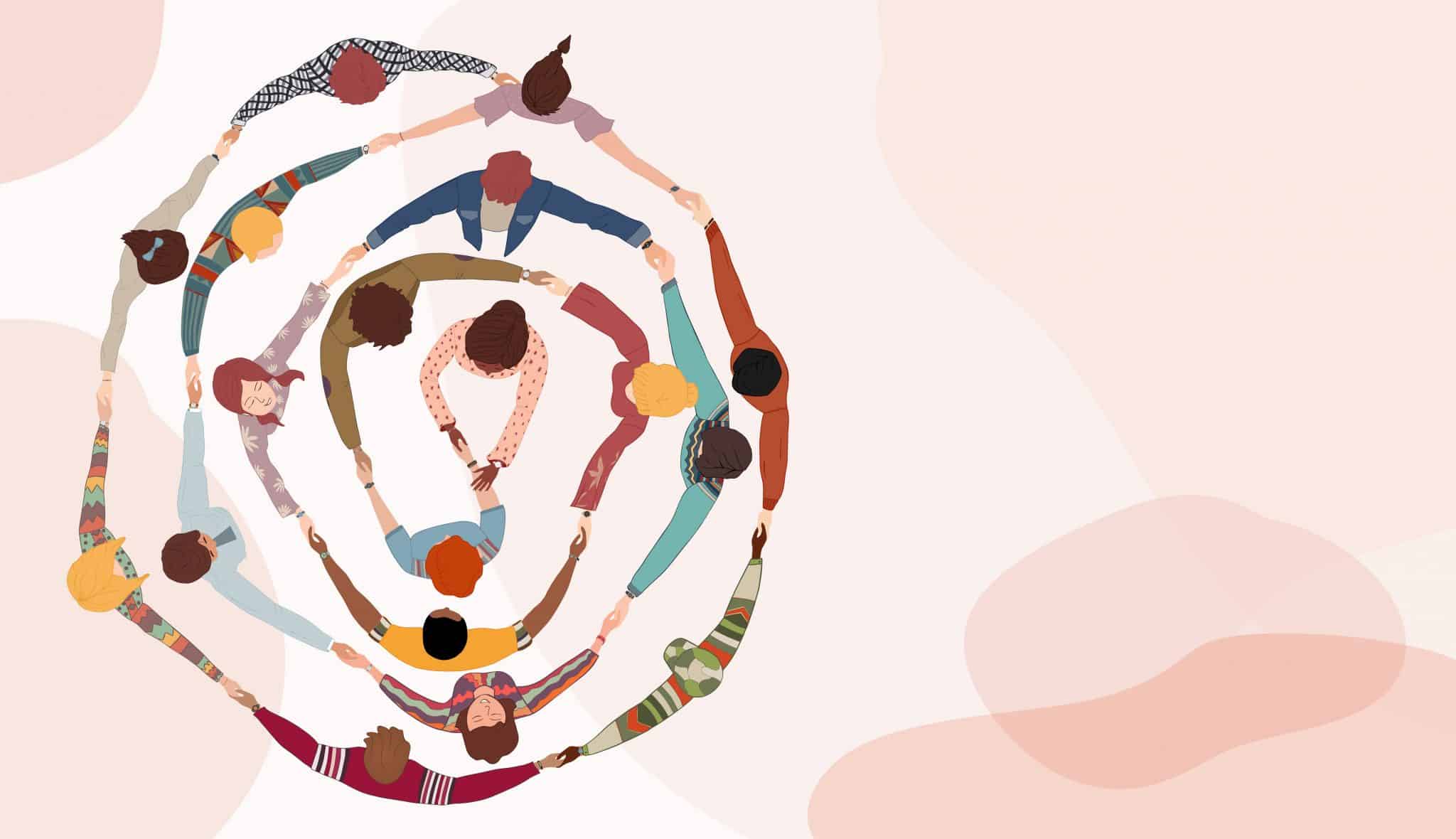What is on this page
Cultural Identity Within Blended Families
Issues related to race and cultural identity have been a source of controversy and conflict throughout history and continue to be so today.
Some of the Key Issues Include:
Racism: This refers to the belief that one race is superior to others, and the actions and attitudes that flow from that belief. Racism has been a major source of discrimination and violence against people of colour and continues to be a major problem in many parts of the world.
Cultural assimilation: This refers to the process by which minority groups are expected or pressured to adopt the dominant culture of a society, often at the expense of their own cultural traditions and practices. This can lead to the loss of cultural identity and a sense of belonging among members of these groups.
Cultural appropriation: This refers to the adoption or use of elements of one culture by members of a different culture, often without understanding or respecting the cultural context or significance of those elements. This can lead to the misrepresentation or misappropriation of the culture and can be a source of offence or even harm to members of the culture being appropriated.
Stereotypes and prejudices: These refer to oversimplified and often negative beliefs about members of a particular group, which can lead to discrimination and mistreatment. Stereotypes and prejudices are often based on misinformation and lack of understanding and can be difficult to challenge and overcome.

Discrimination: This refers to the unjust treatment of individuals or groups based on their race, ethnicity, or cultural identity. Discrimination can take many forms, including segregation, exclusion, and violence, and can have serious negative impacts on the lives and opportunities of those who experience it.
It will be no surprise then that all or some of the above complex issues can also be found in blended families, especially when children from different racial and cultural backgrounds come together under one roof.
Some of the complexities that may arise include:
- Differences in cultural traditions and customs: Children in blended families may have different cultural traditions and customs that they have grown up with, which can lead to misunderstandings or conflicts if these differences are not acknowledged and respected.
- Different experiences with race and discrimination: Children in blended families may have had different experiences with race and discrimination based on their racial and cultural identities, which can lead to misunderstandings or conflicts if these experiences are not acknowledged and respected.
- Assimilation or cultural loyalty: Children in blended families may feel pressure to assimilate into the dominant culture or may struggle to balance their loyalty to their own cultural identity with their loyalty to their new family.
- Challenges in building a shared family identity: It can be challenging for children in blended families to build a shared family identity when they come from different racial and cultural backgrounds.
- Interracial relationships and mixed-race children: Blended families may also include interracial relationships and mixed-race children, which can present additional complexities and challenges when it comes to issues of race and cultural identity.
It’s important for parents and caregivers in blended families to be proactive in addressing these complexities and create a supportive and inclusive environment for all family members. This may involve educating themselves and their children about different cultures and traditions, encouraging open communication and dialogue, respecting and embracing differences, and seeking support if needed.
Family therapy can be a helpful resource for blended families who are navigating differences in race and other identities.
Here are some ways that family therapy can help:
- Providing a safe and supportive space for dialogue. Family therapy can provide a safe and supportive space for family members to discuss their thoughts and feelings about race and cultural identity, and to listen to one another without judgment.
- Facilitating communication and problem-solving. Family therapy can help family members learn effective communication skills and problem-solving techniques, which can be particularly useful for navigating complex issues related to race and cultural identity.
- Addressing underlying conflicts and challenges. Family therapy can help family members identify and address underlying conflicts or challenges that may be contributing to difficulties related to race and cultural identity.
- Supporting family members through difficult emotions. Family therapy can provide a supportive space for family members to process and cope with difficult emotions related to issues of race and cultural identity.
- Helping family members build stronger relationships. Family therapy can help family members develop stronger relationships and a greater sense of connection and understanding with one another.

It’s important to note that family therapy is not a one-size-fits-all solution, and it may not be the right fit for every blended family. It’s a good idea to speak with a therapist to determine if family therapy is a good option for your family.

